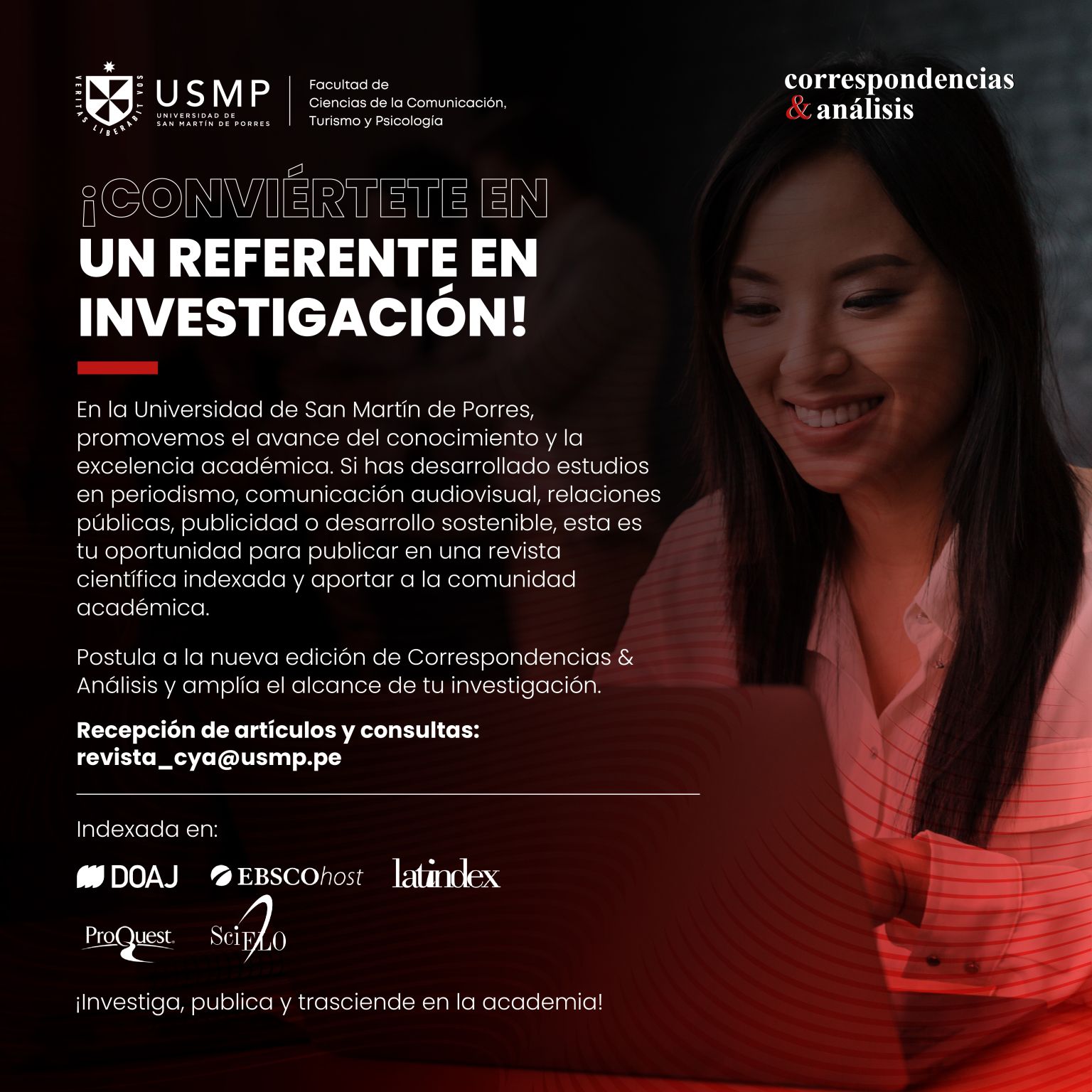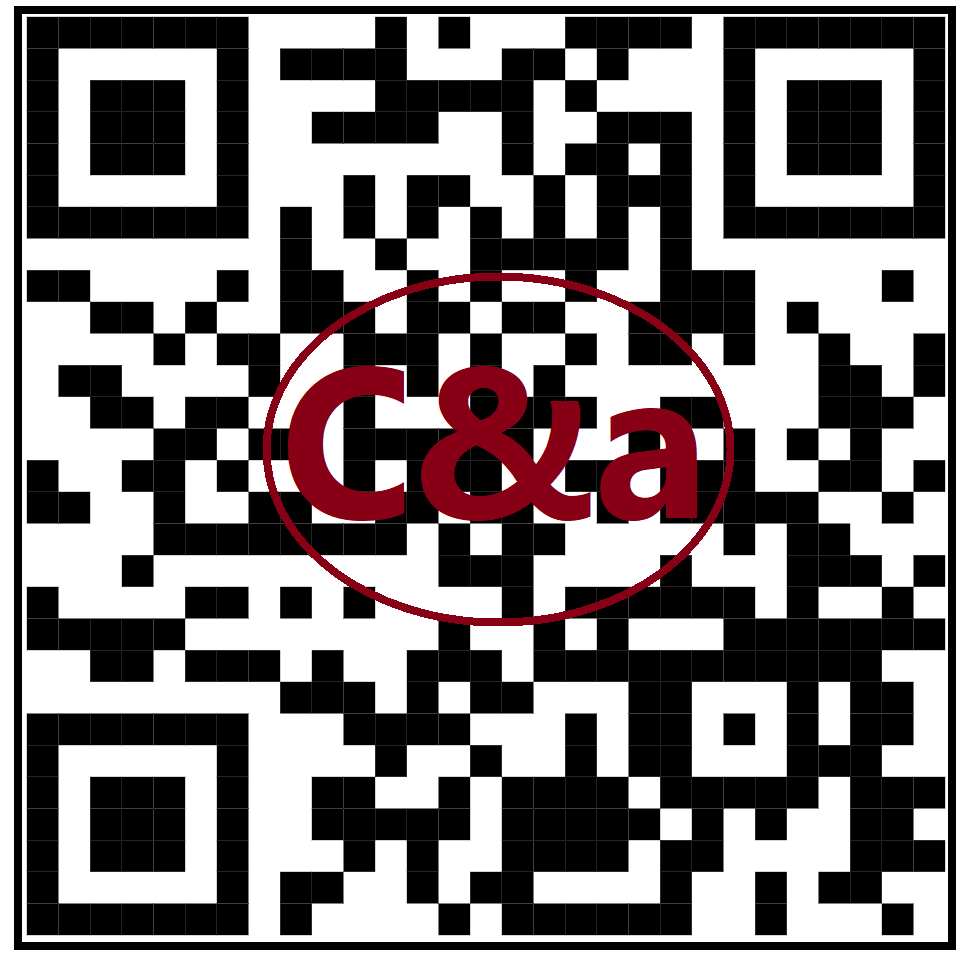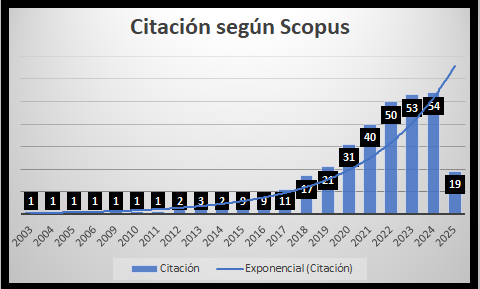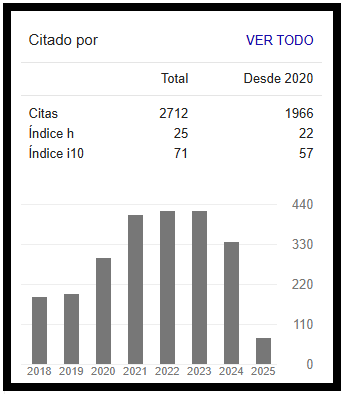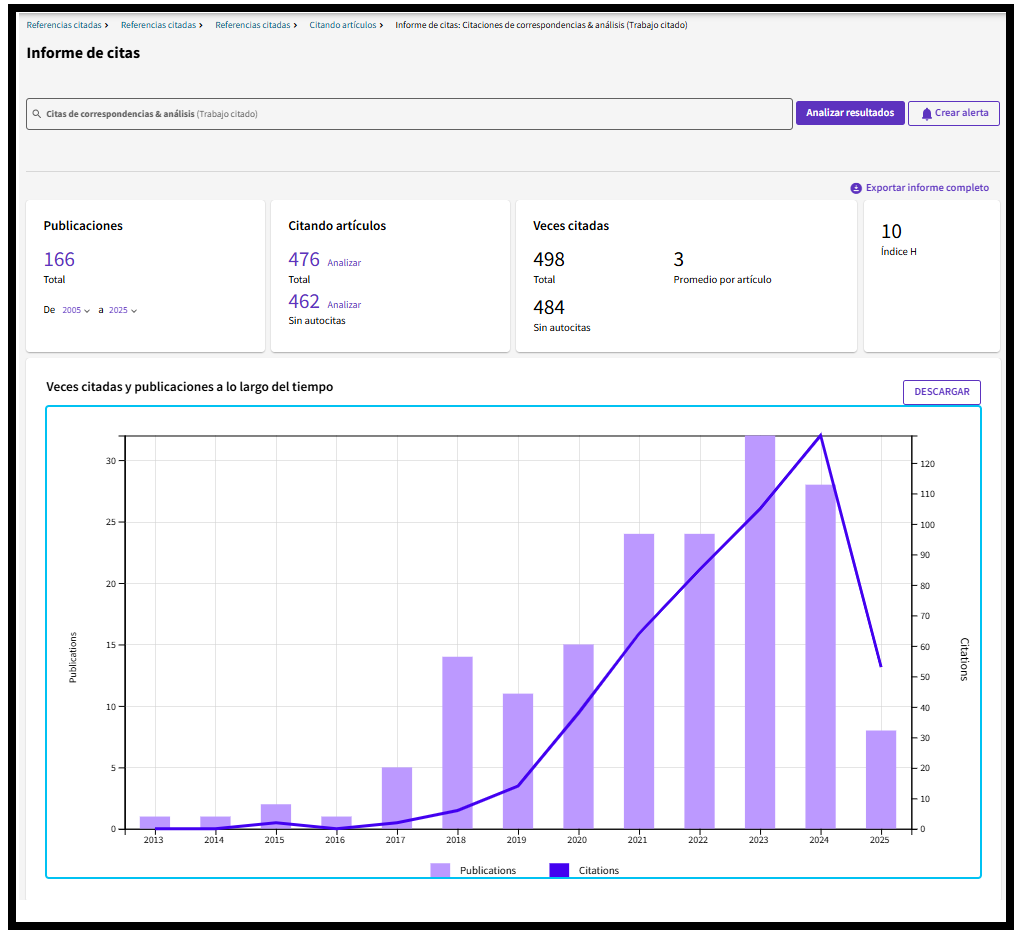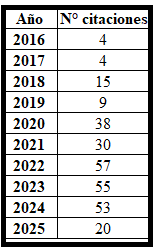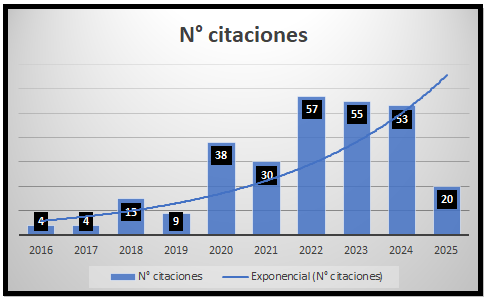Empowerment and creativity of the consumer, in the dynamics of new media and communication models
DOI:
https://doi.org/10.24265/cian.2022.n16.05Keywords:
Consumers, behavior, make decision, new media, ecological lifestyle,, culture industryAbstract
Ecological and local markets emerge as an option where both producers and consumers can maximize their benefits while deciding to participate in ecological behaviors such as maintaining production processes with low environmental impact, adequate waste management and the reduction of pollutants discharged into the environment, which gives added value to the benefit of the local producer for maintaining their healthy environment. Meanwhile, the consumer can maximize their usefulness through the purchase of products that cover their consumption needs, but also provide additional utility based on their ecological attributes, valued by this type of consumers who appreciate these attributes as health benefits or environmental safety. The truth is that organic and local products have been able to increase their diffusion thanks to the structures of the new media that allow rethinking the roles of consumers and producers: the consumer is understood as an active individual, capable of identifying ideologically with products, behaviors, media content and in general ecological lifestyles, mainly, due to the possibility that information and communication technologies offer for the search, distribution and circulation of ecological information for comparison in making consumer decisions, going beyond the simple purchase of products, reinforcing new cultural dynamics (in the sense of a culture made in everyday actions), supported by the means of the current centenary. Therefore, the producer must be a creative individual who seeks, through new media technologies, to satisfy the demands of his audience since he is subject to a more immediate interaction with it, which requires him to create content aimed at the generation of prosumers with an environmentally friendly consumption style that has been empowered by the new media of the digital Age.
Metrics
Downloads
References
Adorno, T., & Horkheimer, M. (1998). Dialéctica de la Ilustración. Valladolid: Editorial Trotta.
Asociación Mexicana de Internet (2021). 17° Estudio sobre los hábitos de los usuarios de Internet en México 2021
Atton, C. (2002). Alternative Media. New Delhi: SAGE Publications.
Baudrillard, J. (2009). La sociedad de consumo. Sus mitos, sus estructuras. Madrid: Siglo XXI.
Biswas, A. (2016). Impact of Social Media Usage Factors on Green Consumption Behaivior Based on Technology Acceptance Model. Journal of Advance Management Science, vol. 4, 92-97.
Durand, L. (2014). ¿Todos ganan? Neoliberalismo, naturaleza y conservación en México. Sociología, 183-223.
During, S. (1999). The Cultural Studies Reader. New York: Routledge.
Gauntlett, D. (2011). Making is Connecting. The social meaning of creativity from DIY and Knitting to Youtube and Web 2.0. Cambridge: Polity Press.
Han, B.-C. (2014). Psicopolítica. Neoliberalismo y nuevas técnicas de poder. Barcelona: Herder.
Ihde, D. (2004). Los cuerpos en la tecnología. Nuevas tecnologías: nuevas ideas acerca de nuestro cuerpo. Barcelona: Editorial UOC.
INEGI (2021) En México hay 4.1 millones de usuarios de internet y 88.2 millones de usuarios de teléfonos celulares: ENDUTIH 2021. comunicado https://www.inegi.org.mx/contenidos/saladeprensa/boletines/2021/OtrTemEcon/ENDUTIH_2020.pdf
Jalali, S., & Khalid, H. (2019). Undestanding Instagram Influencers Valeus in Green Consumption Behavior: a Review Paper. Open International Journal of Informatics (OIJI), Vol. 7, 47-58.
Jenkins, H. (2006). Convergence Culture. Where Old and New Media Collide. New York: New York University Press.
Kumar, V., Gupta, A., Tyagi, V., & Verma, H. (2020). Social Media and Green Consumption Behavior of Millennials. Journal of Content, Community & Comunication, vol. 11, 221-230.
Lipovetsky, G. (1986). La era del vacío. Ensayos sobre el individualismo contemporáneo. Barcelona: Anagrama.
Lipovetsky, G. (1990). El imperio de lo efímero. La moda y su destino en las sociedades modernas. Barcelona: Editorial Anagrama.
Parikka, J. (2015). A Ecology of Media. Minneapolis: University of Minnesota Press.
Peñalosa-Otero, M., & López-Celis, D. (2016). La generación de los milennials frente al consumo socialmente responsable. Cuadernos latinoamericanos de administración, vol. XII, 73-81.
Pop, R.-A., Saplacan, Z., & Alt, M.-A. (2020). Social Media Goes Green - The Impact of Social Media on Green Cosmetics Purchase Motivation and Intention. Information, 11, sn.
Storey, J. (2010). Cultural Studies and the Study of Popular Culture. Edinburg: Edinburg University Press.
Strangelove, M. (2010). Watching Youtube. Extraordinary Videos by Ordinary People. Toronto: University of Toronto Press.
Thi Khanh, N. (2021). Understanding the Effects eco-label, eco-brand, and Social Media on Green Consumption Intention in Ecotourism Destinations . Journal of Cleaner Production, 321, sn.
Downloads
Published
Issue
Section
Categories
License
Copyright (c) 2022 Ilia de los Ángeles Ortiz Lizardi, Eric Abad Espíndola, David Alonso Pérez Rebolledo

This work is licensed under a Creative Commons Attribution 4.0 International License.
In case the manuscript is approved, the authors retain the copyright and assign to the journal the right to publish, edit, reproduce, distribute, display and communicate in the country of origin and abroad by means of print and electronic media in different databases.
In order for this procedure to be recorded, the author must fill out the following formats:
Format 1 - Author data Format.
Format 2 - Affidavit on originality and authorization for the publication of articles Format.
Format 3 - Open Science Compliance.






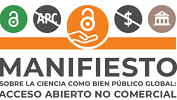
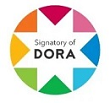
2.png)


